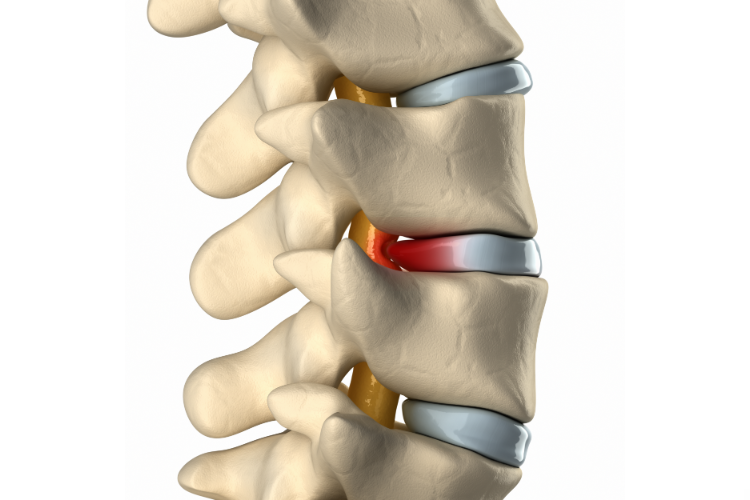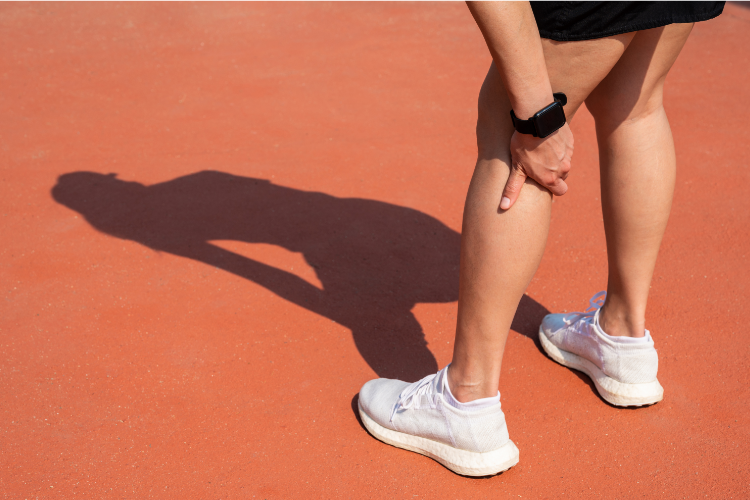At Precision Spinal Care, also known as A Spine at Time, serving Chelsea, MI, and the nearby region, we use a specialized treatment method for treating knee pain, known as Knee on Trac, often referred to as knee traction. Therefore, we’ve seen a knee injury or two, and our chiropractor has extensive training in musculoskeletal care, only furthering her ability to detect a knee problem, determine the cause, and treat it.
That’s why we’d like to take some time to explain a common knee problem — runner’s knee. And spoiler alert, it’s not a condition unique to runners, though these individuals are at risk.
General Information
Runner’s knee refers to a condition that affects the top of the knee cap, where it connects to the femur. It’s medically known as patellofemoral pain. This issue is usually an acute condition that will go away with rest and chiropractic intervention, but when it goes untreated, it can become a chronic condition.
Symptoms
Pain is one of the more common signs you have runner’s knee. It’ll affect either inside or around your kneecap and is particularly a problem when you’re active.
You could also experience the pain after you sit for prolonged periods of time and have your knees bent.
Instability and weakness may occur with runner’s knee.
In some cases, this knee problem is a noisy one. You may hear rubbing, clicking, or grinding whenever you straighten and bend your knee.
This joint may also be tender to the touch.
Causes
Now, for the answer you’ve been waiting for — yes, it can be runner’s knee even if you’re not a runner!
The way you walk could contribute to the onset of runner’s knee. If you walk or run with your feet rolling toward to inside of your foot, you could also develop this condition.
Anytime you train excessively or overexert your knee, you could experience this issue.
Other factors that could affect it include the following:
- Weak thigh muscles
- Poor foot support
- Kneecap that’s too high in the joint
- Tight Achilles tendons
- Injury
How We Can Assist
We’d like to stress that other conditions can mimic the symptoms of patellofemoral knee syndrome. Therefore, the only way to truly know if that’s what ails you is to receive an evaluation from a practitioner.
Fortunately, our Dr. Lisa Olszewski is a trained chiropractor who understands knee pain well and can figure out the cause of your pain as well as an appropriate treatment to assist. Through you filling out a medical history report and speaking with your Chelsea chiropractor, we can often tell the cause of the pain.
Sometimes, our practitioner will recommend you undergo an X-ray.
Based on the results, our practitioner will create a treatment plan with your specific situation in mind. For instance, we may use our knee traction treatment to correct any knee subluxation, which can ease pressure on the soft tissue in the joint. Besides pain relief, this also can facilitate the healing process.
In addition to our Knee on Trac, we can also tailor an exercise therapy plan to further assist and provide advice on how you can help the injury to heal and prevent it from becoming chronic. In chronic cases, we can guide you on ways to better manage your pain and optimize function and flexion.
Runner’s knee isn’t exclusively a problem found in runner’s, so if you have knee pain, make sure you reach out to us. We can figure out if it’s runner’s knee or another condition and find a treatment plan that’ll work for you and get you moving again!
Contact us today if you’re suffering from knee pain, whether acute or chronic. Either use our online contact form or give us a call at 734-433-9564.




